Valve seals play a crucial role in ensuring the efficient and safe operation of various industrial systems. In many applications, such as gas distribution and fluid control, the reliability of valves largely depends on the quality and design of their sealing components. Among the types of valves commonly used, the regulator gas valve, mini pressure reducing valve, and PVC inline check valve stand out for their specific sealing needs. Understanding the technologies behind valve seals and how they benefit these valves in industrial settings helps clarify why ongoing advancements in this area continue to be important.

A regulator gas valve typically controls the pressure and flow of gas in systems like heating or manufacturing processes. The seal inside the regulator gas valve must maintain tightness to prevent gas leaks, which can pose safety risks and reduce system efficiency. Valve seal technologies designed for such applications often involve materials resistant to chemical degradation and temperature fluctuations. These seals need to maintain flexibility and strength despite the constant pressure changes and the presence of potentially corrosive gases. Without proper sealing, the regulator gas valve cannot provide reliable pressure regulation, pilot to inconsistent system performance or safety hazards.
Similarly, a mini pressure reducing valve benefits significantly from advanced sealing technology. This type of valve is often used in compact systems where precise pressure reduction is necessary in a limited space. The mini pressure reducing valve relies on its seal to prevent fluid or gas from bypassing the valve seat, which could advance to inaccurate pressure regulation. Valve seals in this context are typically designed with tight tolerances to fit smaller components while still providing reliable sealing performance. The use of materials that resist wear and tear over time is essential, as the mini pressure reducing valve often operates in environments with frequent pressure adjustments. The seal technology in these valves directly impacts the valve's lifespan and the overall system's stability.
The PVC inline check valve also benefits from tailored valve seal technologies. This valve type prevents backflow in piping systems and relies heavily on the integrity of its sealing surfaces to function correctly. The valve seal must withstand exposure to various liquids and chemicals, especially since PVC valves are commonly used in water treatment, irrigation, and chemical processing. The seals used here need to accommodate the flexibility and expansion of PVC materials while maintaining a tight seal against backflow. The technology behind these seals often includes elastomers or synthetic rubbers chosen for their resistance to degradation and flexibility over time. A secure seal within the PVC inline check valve ensures that fluid flows in the intended direction without leakage or contamination risks.
The industrial benefits of these valve seal technologies are substantial. For one, they contribute directly to safety by preventing leaks that could advance to accidents or environmental hazards. In the case of regulator gas valves, effective seals reduce the risk of gas escaping into the environment, which is vital in many industrial processes. Moreover, these seals improve operational efficiency by less fluid or gas loss. In systems where the mini pressure reducing valve is installed, a reliable seal supports accurate pressure control, which in turn maintains good system performance and prevents damage caused by pressure spikes or drops.
Another benefit lies in the maintenance and longevity of the valves. High-quality valve seals reduce wear on internal valve components by preventing contamination and corrosion that can occur from leaks or fluid ingress. For PVC inline check valves, this means longer service intervals and fewer replacements. Additionally, advanced seal technologies help reduce downtime by ensuring valves operate smoothly without frequent failures, which is crucial in industrial setups that require continuous operation.
Valve seal technology also supports environmental sustainability efforts. By having fewer leaks in regulator gas valves, industries reduce emissions of potentially harmful gases. Likewise, preventing backflow in PVC inline check valves helps avoid contamination of water supplies or chemical systems. These sealing improvements contribute to cleaner and safer industrial practices.
Furthermore, advancements in valve seal materials and design have enabled manufacturers to create seals that are easier to install and replace, even in compact valves like the mini pressure reducing valve. This ease of maintenance can reduce labor costs and speed up repair times, benefiting industrial operations with tight schedules and limited maintenance windows.
In conclusion, valve seal technologies form a fundamental part of the performance and safety of valves such as the regulator gas valve, mini pressure reducing valve, and PVC inline check valve. Their design and material choices impact not only the reliability of individual valves but also the efficiency, safety, and environmental footprint of the entire industrial system. As industries continue to demand valves that can withstand harsher conditions and tighter performance requirements, valve seal technologies will remain a critical focus for development. Ensuring proper sealing in these valves offers tangible benefits that help maintain smooth and secure industrial operations.


 English
English русский
русский Español
Español عربى
عربى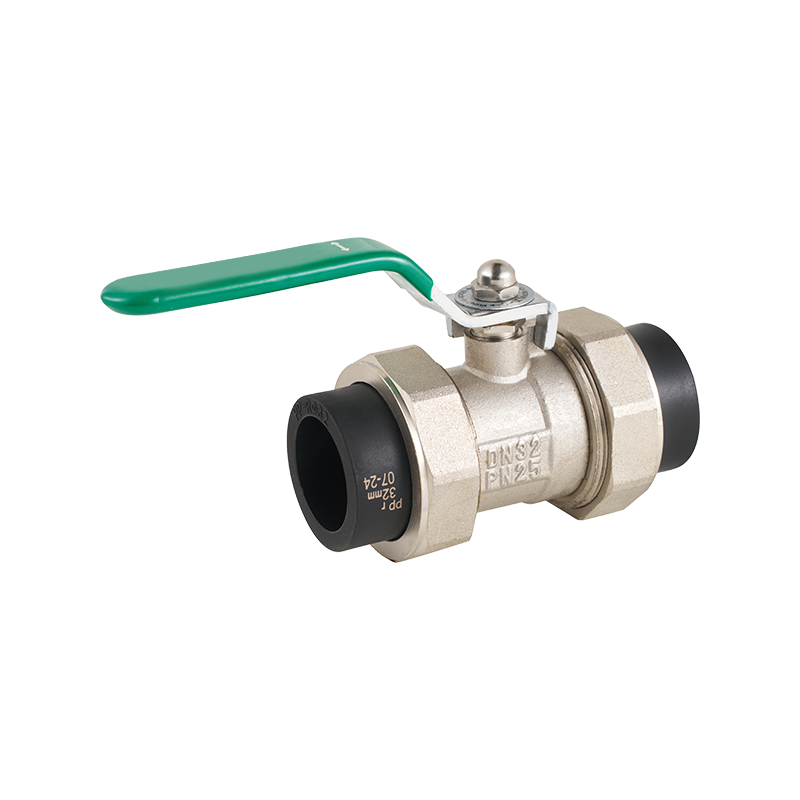
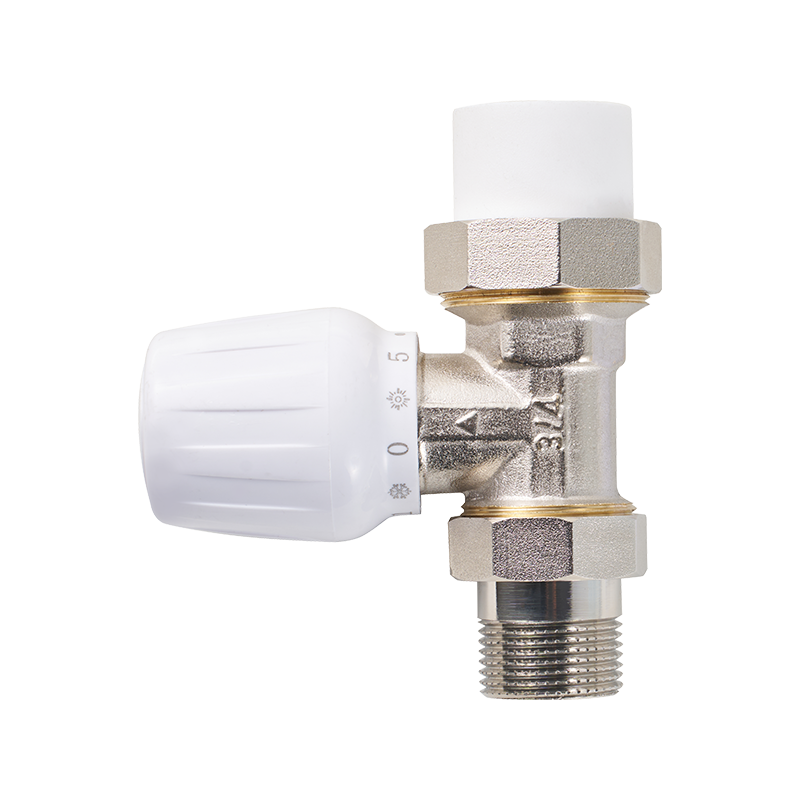
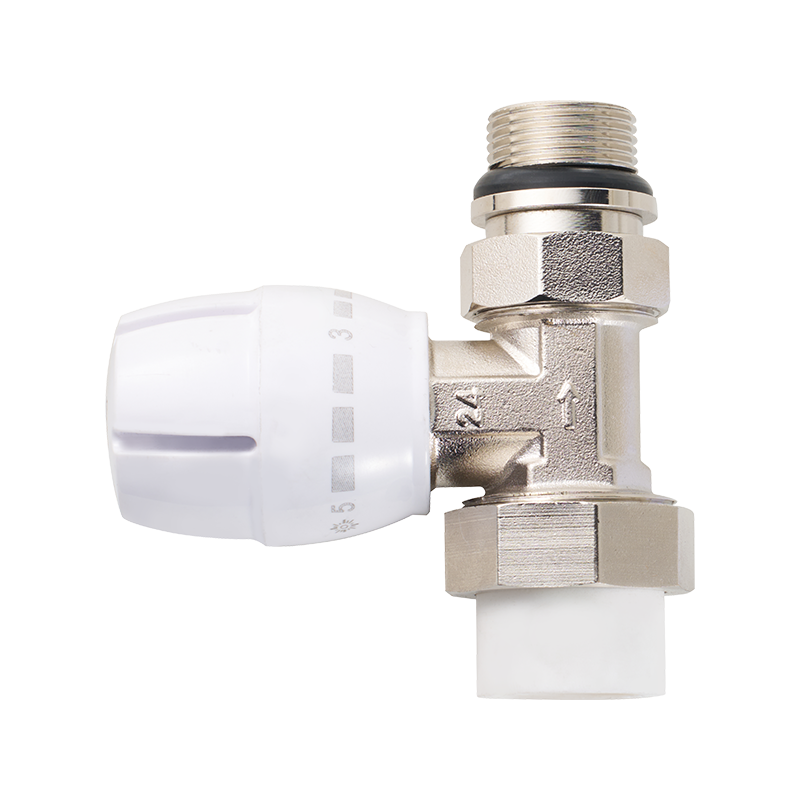
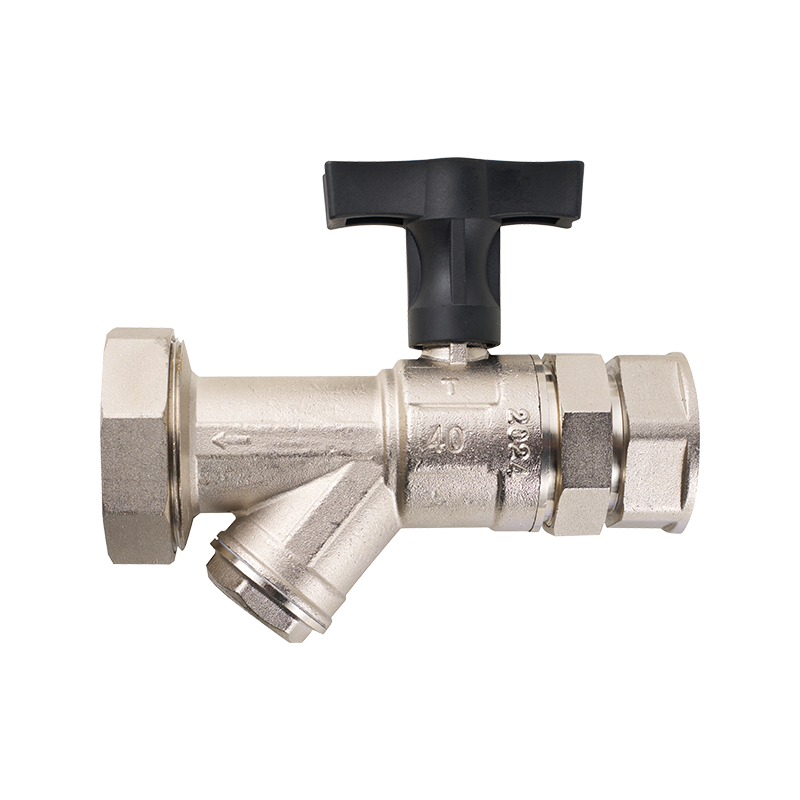
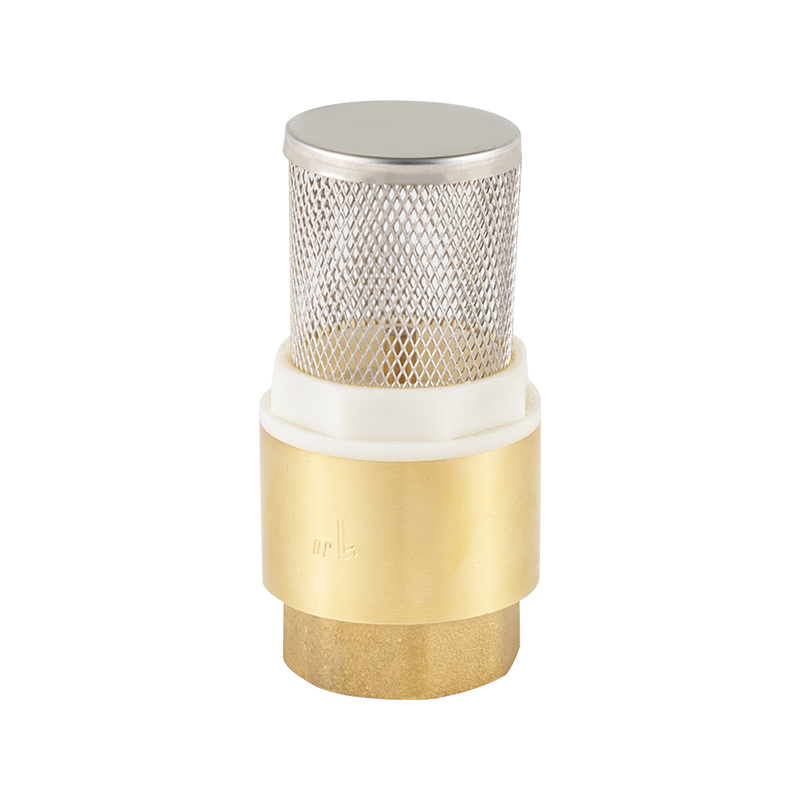

 CONTACT US
CONTACT US